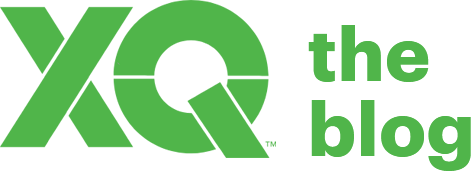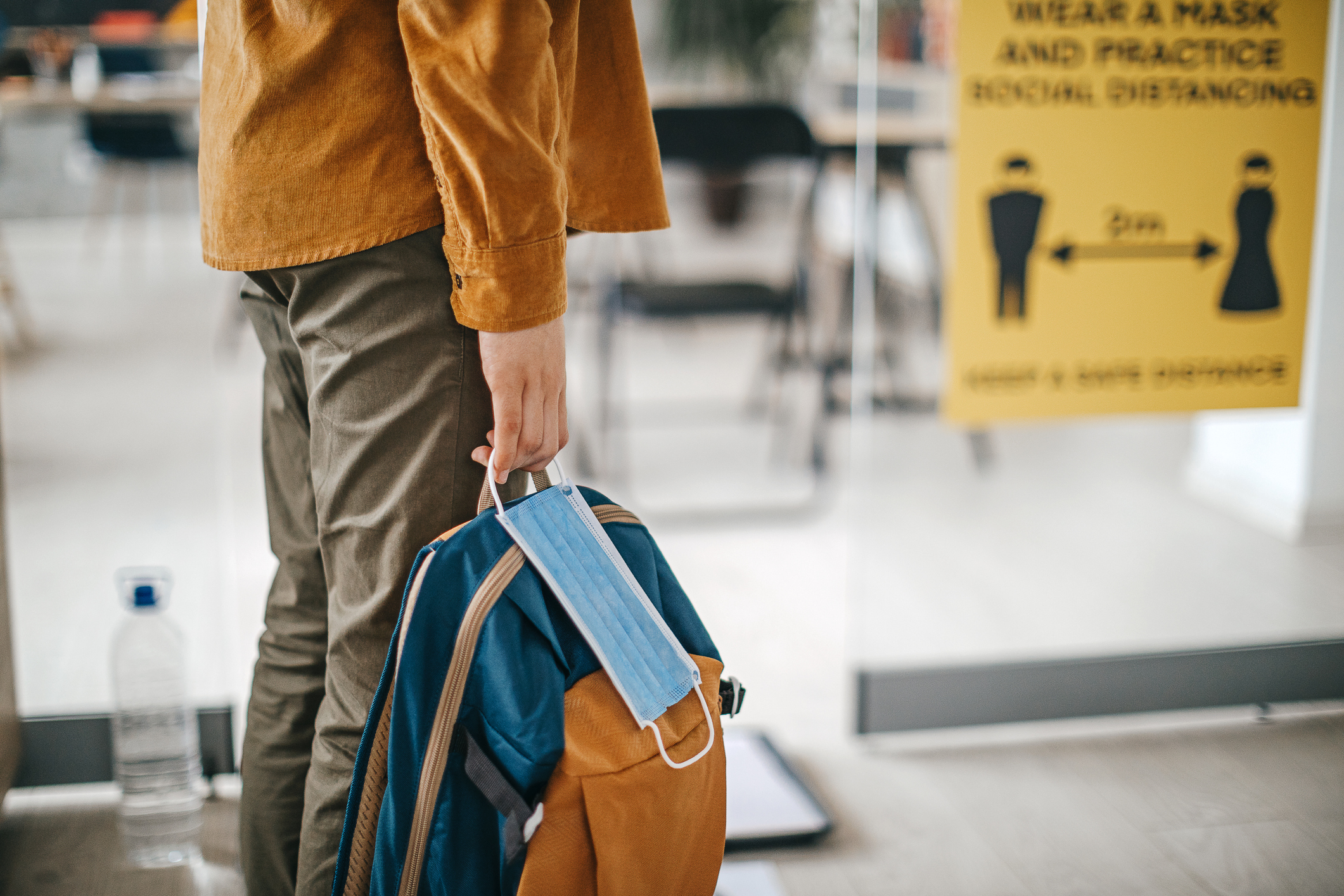New York City has delayed opening school doors this fall to ensure every possible safety precaution. Safety, for everyone in a school community, is paramount.
Still, amid the debates—in New York and nationwide—about whether schools should welcome students in or continue with remote learning, education leaders can’t lose sight of what’s most important: students need support to learn and thrive. And, whether that learning takes place in a virtual room or a classroom, education must serve the diverse needs of all learners.
The Disparate Challenges of Facing Our Students
At Brooklyn Lab, we know this because we know our families. We may not have gathered in person with our students and families over the spring, but we kept in close touch, listening to their struggles, and relishing their small moments of joy.
One student (we call them ‘scholars’) said the best thing about his days was spending time alone when he showered. At that moment, the peace he found speaks to the common frustration of being cooped up in small apartments filled with family.
Another scholar expressed the opposite. He expressed that he felt lonesome in his apartment with his mom, who had to work much of the summer. The scholar said that he yearned to return to school and see his friends.
At Brooklyn Lab, we have heard from families with needs that span the spectrum of perspectives on reopening. We’ve heard from those who feel afraid to return and put medically fragile relatives at risk, to those who feel a need to return because they are struggling with food insecurity, academic setbacks, or are just craving space, routine, and human contact.
Creating Meaningful Options for Every Student
Some families have the resources to give themselves options. Some parents can stay home to help kids who are 100% remote. Some can create or join a private learning pod with hired teachers. But a student’s access to a learning environment that works for them shouldn’t depend on zip code or family finances. As educators, we need to make meaningful options available for everyone, not just those who can afford a private option.

Schools need to consider the “whole student”—to meet the needs beyond academics that enable kids to learn. This has long been true, and right now, it’s urgent. Educators need to think through students’ special educational, physical, and emotional needs to provide meaningful options. We need to understand our communities’ needs and do our best to meet them or remove barriers to exercise their options.
Reopening with Equity in Mind
This year, at Brooklyn Laboratory Charter Schools (LAB), we offer a five-day a week in-person option and a five-day, enhanced remote option. We reinforce these options with support, including providing emergency funds, access to technology, and success coaching.
We know some families in our community lost jobs, housing, and, of course, loved ones during COVID-19. And we know that students cannot learn when they are struggling with basic needs.
That’s why, when our school doors closed, we set up an emergency fund, offering cash and gift cards to cover necessities, alleviate stress, and thus help enable at-home learning for families brought to the brink. This fall, we are making school meals and other services available safely, even to families opting to stay remote.
Every student has been navigating unprecedented challenges since this spring. Not every student has a caregiver at home available to help, whether with an algebra problem or with this year’s extraordinary stress level. We are making sure every student has access to a “success coach”—a trusted and trained adult who can ensure each student has the support they need to learn and grow.

Our solutions may not work for every school. We each have different communities and different constraints. Schools are strapped. Educators are exhausted. We’ve learned through this moment that when options are available but not meaningful, they create the illusion of equity while actually exposing—and sometimes increasing—inequity.
So what needs to prevail, among all of us, is the meaningful option mindset. Only with that approach can we—in our schools, cities, communities, and our country—deliver on our obligation not just to educate, but to make education possible for everyone.
To learn more about re-opening your school safely, check out our comprehensive reopening resource guide.
This blog is a collaborative piece out of Brooklyn Laboratory Charter Schools. It is co-written by Aaron Daly, the Chief Operating Officer, and Cecile Kidd, who is a leader on the family engagement team.
TAGS:







